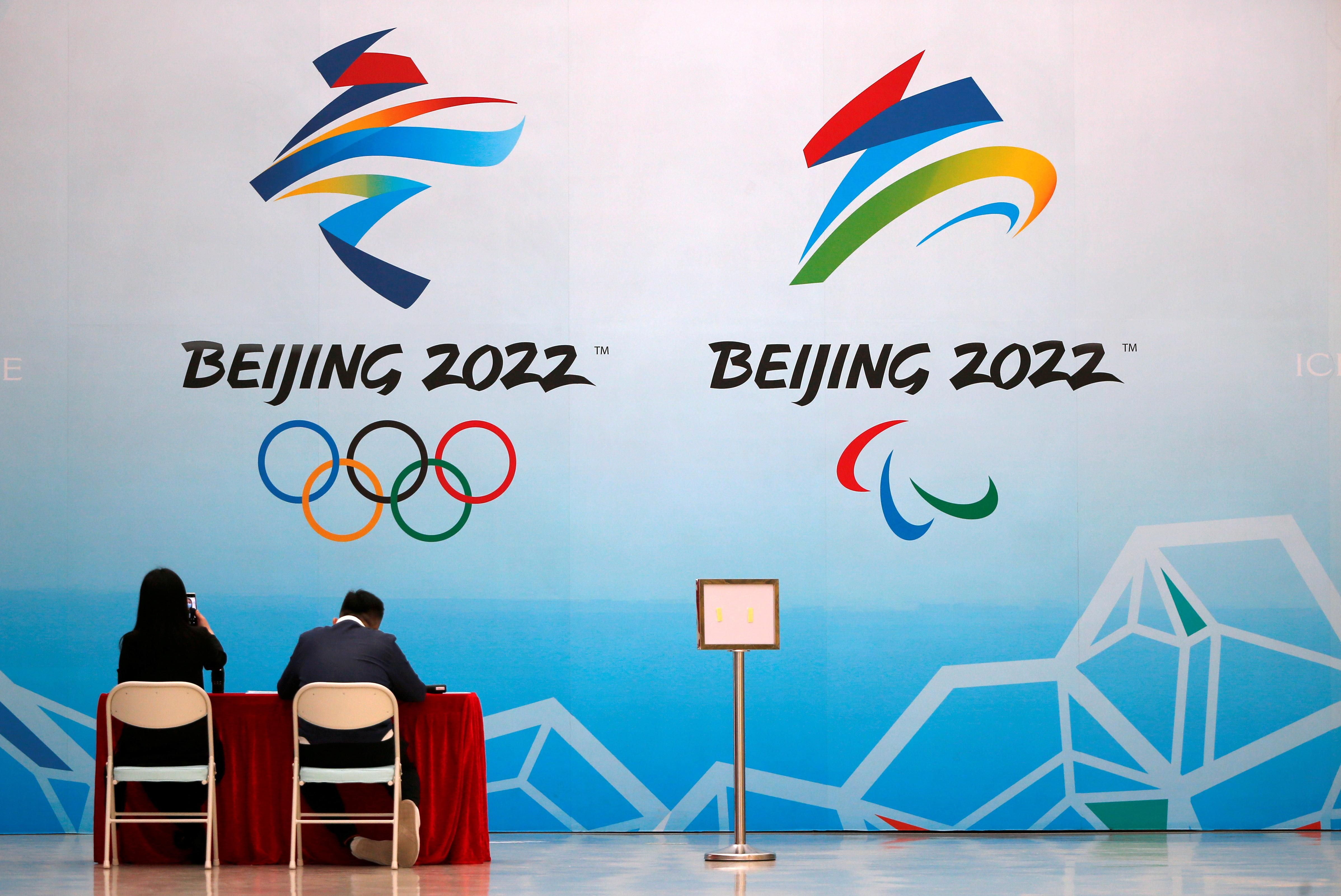News
December 09, 2021
5: Five countries — Australia, Canada, the UK, New Zealand and Lithuania — have so far joined the US in refusing to send government officials to the Beijing Winter Olympics in February over China’s human rights abuses. China’s Foreign Ministry on Thursday said these states would “pay the price” for the diplomatic boycott.
52: US unemployment claims plunged last week to a 52-year low. Several factors likely influenced the drop, including the ongoing pandemic recovery as well as job market changes related to the holiday season.
11: Myanmar's military reportedly rounded up 11 civilians — including five children — on Tuesday, tied them up, and then burned them alive. The massacre in the country’s northwest reportedly came after a military vehicle hit a roadside bomb.
7: UK Prime Minister Boris Johnson became a dad for the seventh time Thursday, when his wife Carrie gave birth to a baby girl. It’s a welcome reprieve for Johnson, who has been having a very rough time politically, including over a recent scandal in which his staff allegedly breached lockdown restrictions to party.More For You
- YouTube
Gotta maximize sleigh-holder value. #PUPPETREGIME
Most Popular
- YouTube
On Ask Ian, Ian Bremmer breaks down the steady escalation of US pressure on Venezuela and why direct military action is now a real possibility.
US President Donald Trump arrives to announce reciprocal tariffs against US trading partners in the Rose Garden of the White House in Washington, DC, USA, on April 2, 2025.
POOL via CNP/INSTARimages.com
From civil conflicts to trade wars to the rise of new technologies, GZERO runs through the stories that have shaped this year in geopolitics.
Ukrainian serviceman walks near apartment buildings damaged by Russian military strike, amid Russia's attack on Ukraine, in the frontline town of Kostiantynivka in Donetsk region, Ukraine December 20, 2025.
Oleg Petrasiuk/Press Service of the 24th King Danylo Separate Mechanized Brigade of the Ukrainian Armed Forces/Handout via REUTERS
Ukrainian intelligence services assassinated a senior Russian general on the streets of Moscow on Monday, detonating a bomb strapped to his car.
© 2025 GZERO Media. All Rights Reserved | A Eurasia Group media company.
